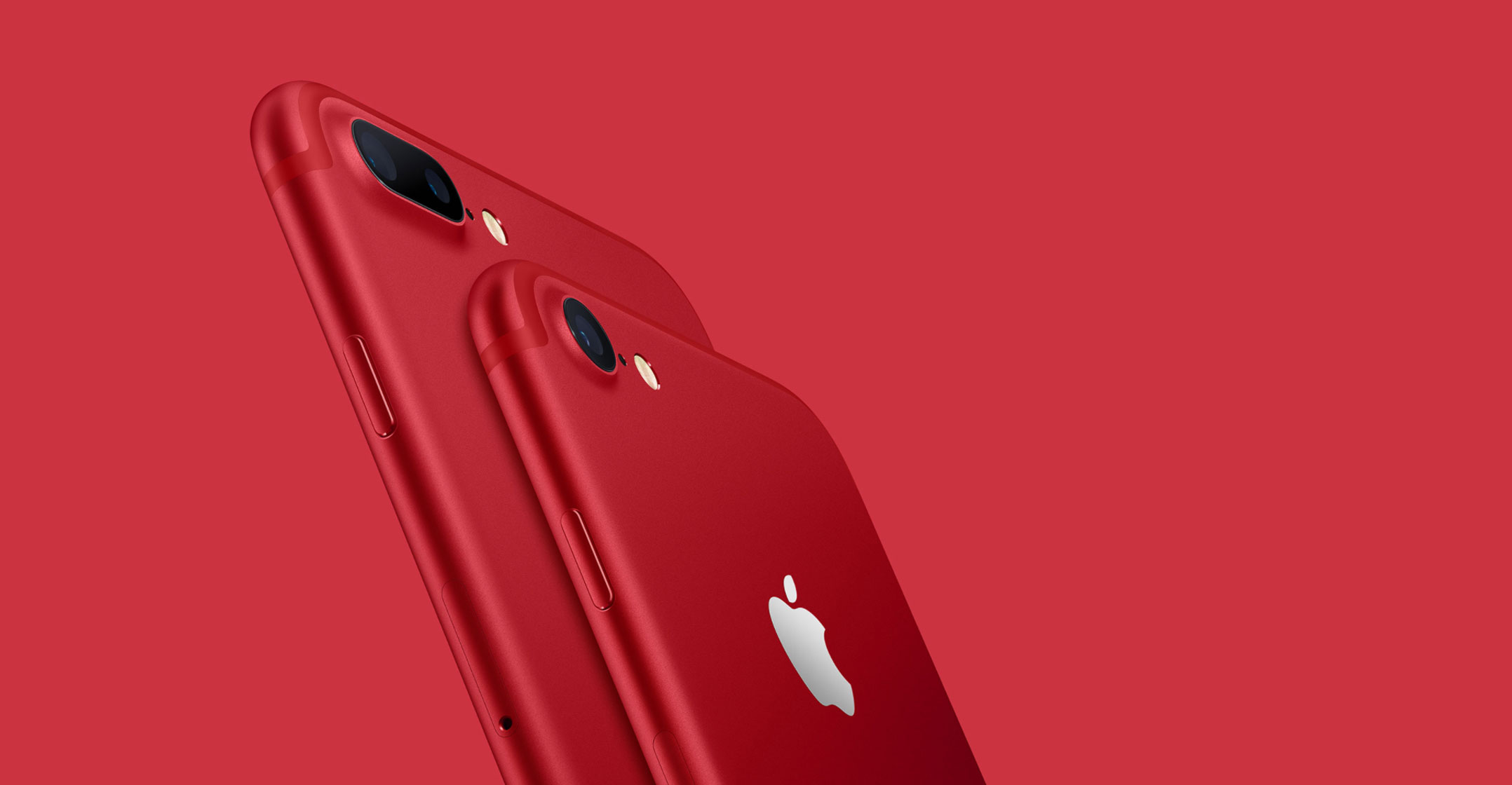
The Apple Planned Obsolescence Conspiracy Theory Party — of which I’m a vocal, card-carrying member — obtained a substantial piece of new evidence this week: Apple acknowledged it had issued a software update that slows down iPhones with dying batteries.
Apple said this is meant to prevent phones from shutting off suddenly, helping people to get the most out of their ageing batteries. That might be a reasonable policy if Apple had been more honest with customers about what they were doing. Even Daring Fireball, a stalwart Apple defender, agreed that the company had not communicated what it was doing very well.
For some background, the initial Apple announcement of the battery programme in February said that the update would “reduce occurrences of unexpected shutdowns”. It omitted, however, the tradeoff that the company was making. This week, Apple disclosed to reporters that it had capped speeds on older models with faulty or weak batteries to protect against crashing. So, in exchange for a more stable battery, you get a slower phone. That might be a reasonable negotiation. I can see why Apple’s defenders think the POCTP crowd is overreacting to this morsel.
But this has been a long-simmering debate. It pits the regular iPhone owner against the tech blogger set. Regular iPhone owners tend to complain when their phone starts to slow down. The volume of those complaints seems to increase as Apple begins to advertise a new phone. You can find plenty of tweets complaining about old iPhones slowing down. Web searches referencing slow iPhones demonstrably spike when a new version comes out. In other words, as people’s phones age, they get on board with the POCTP.
Meanwhile, the tech set has been largely dismissive of the idea that Apple would ever do anything to undermine old phones. The thinking has been that the reputational harm would be too great to be worth the risk and that intentionally slowing older versions would send customers straight into the arms of Google or Samsung. The New York Times ran a headline in November titled confidently, “A new phone comes out. Yours slows down. A conspiracy? No.” This tweet from Marco Arment, a prominent Apple supporter, pretty much sums it up: “For years, we’ve reassured people that no, Apple doesn’t secretly slow down their older iPhones to make them buy new ones.” Arment wrote that Apple should have been more forthright and give people the option to disable speed limits.
I want to be very clear that while I say that I’m a member of the POCTP, what I really mean, like any rational conspiracy theorist, is that I think we should be more open to the idea that there might be something going on. I don’t know whether there are flying saucers, but I’m glad people are looking into it. I don’t think we have enough evidence to say for sure, but I do think people have been far too dismissive of an Apple conspiracy.
Questions
There are two major sets of questions we should be asking going forward. First, does Apple’s hardware or software have the effect — intentional or not — of unnecessarily slowing down phones after two years? I realise that batteries degrade. But is Apple taking sufficient steps to allow people to maintain otherwise functional phones? Several people have compellingly made the point that part of the problem here is that Apple strategically made it difficult to replace batteries. We should be asking what the consequences of these software updates are for older phones. Apple usually gets praised for keeping everyone on the same operating system, but they should be held responsible if the new operating system unnecessarily undermines old models.
The second question is about decision-making at Apple. The company surely looks at what factors drive people to buy a new phone, and the public should deserves a better sense of what they are. We need to get inside how the company thinks about its upgrades.
Until we really understand how the secretive Cupertino, California company is thinking about this, the POCTP’s tent is going to keep growing bigger. — By Eric Newcomer, (c) 2017 Bloomberg LP

